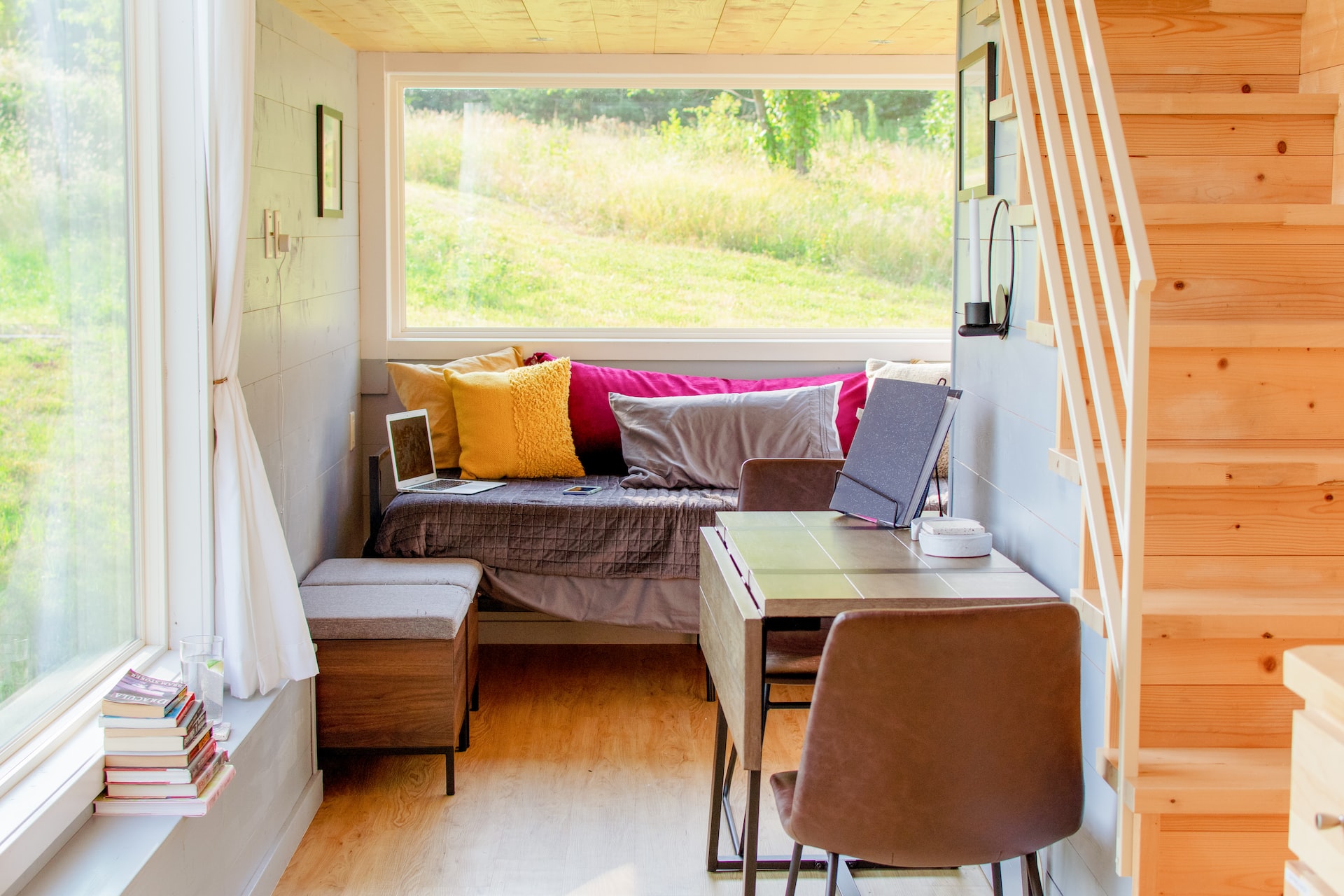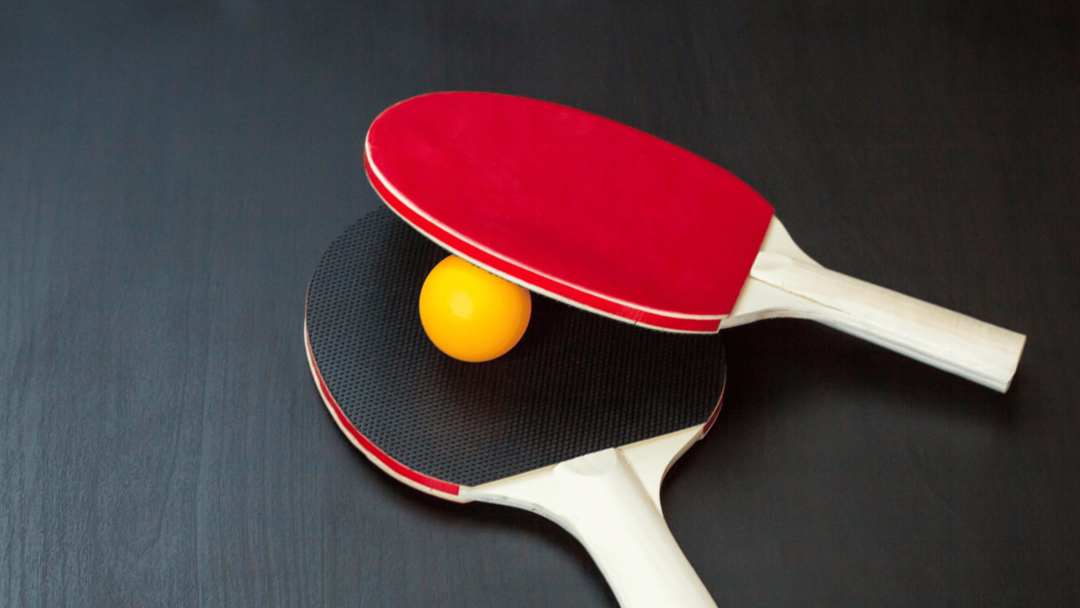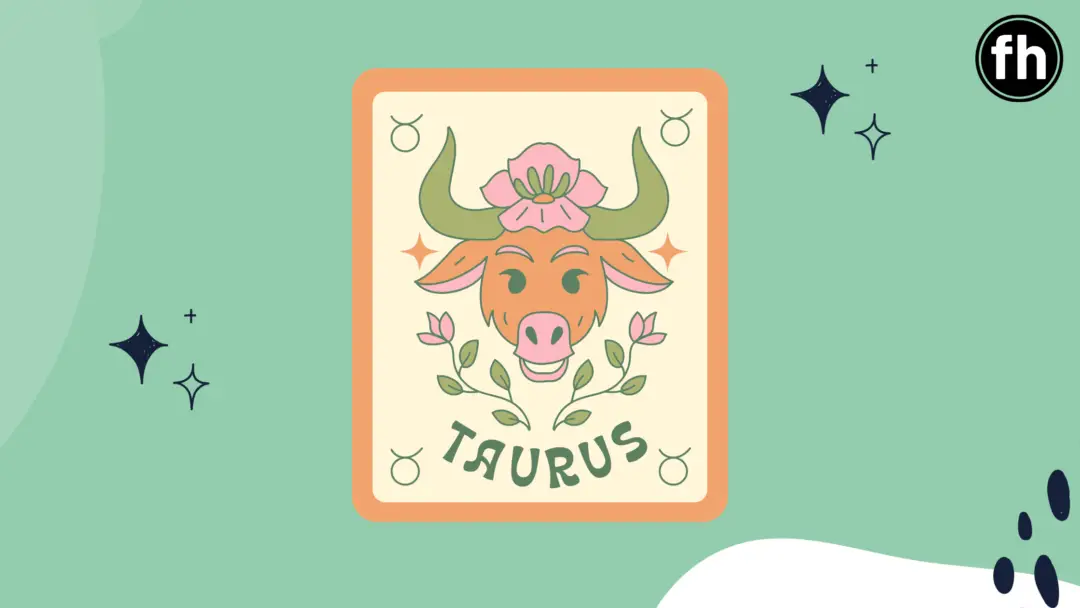Living in a small space can feel limiting at times, especially when it comes to finding hobbies or activities to enjoy.
This article contains affiliate links. If you make a purchase through a link on our site you are supporting our continued efforts to educate people like you in finding new and rewarding hobbies. Thank you!
From creative pursuits like painting and crafting, to physical activities like yoga and calisthenics, to mental hobbies like puzzle-solving and learning a new language, we will provide ideas and inspiration for hobbies that can be enjoyed no matter the size of your living space!
So whether you’re living in a studio apartment, a tiny house or dorm, we hope this post will help you find a hobby that brings you joy and helps you make the most of your small space.
Creative Hobbies for Small Spaces
Creative hobbies are a great way to express your artistic side and allow you to create something truly unique. Even if you don’t have a dedicated art studio or a large work table, there are plenty of creative hobbies that can be enjoyed in a small space.

Some ideas for creative hobbies that are perfect for small spaces include:
Drawing or sketching: All you need is a pad of paper and a pen or pencil to get started. Consider using a small desk or table as your workspace, or even just the top of a coffee table.
Painting: Acrylic paints are a good choice for small spaces, as they dry quickly and can be cleaned up with soap and water. You can use a small easel or simply set up a work area on a desk or table. A simple watercoloring painting can be a great hobby for your small space.
Crafting: Whether you enjoy knitting, crocheting, sewing, or any other type of crafting, there are plenty of projects that can be done in a small space. Consider using a small desk or table as your workspace, and be sure to store your supplies in containers or bins to keep things organized. Check out our list of crafting hobbies for more inspiration.
Musical Instruments: Musical instruments can be a great hobby for small spaces because they offer a creative outlet, take up relatively little space, and can be played at a low volume if necessary. They can also be enjoyed alone or with others, making them a flexible and enjoyable hobby for people living in small spaces. Try a smaller instrument like a mandolin, harmonica or bongo drum!
Photography: If you enjoy taking pictures, consider starting a small photography project that can be done in your own neighborhood or local area. A DSLR camera is a good choice for those who want to get more serious about photography, but even a smartphone camera can be used to capture great images.
In addition to providing an outlet for your creativity, these hobbies can also help reduce stress and promote a sense of accomplishment. So why not give one a try and see what you can create in your small space?
Physical Hobbies for Small Spaces
Physical hobbies are a great way to stay active and healthy, and they can be especially important for those living in small spaces where it may be harder to get out and exercise.
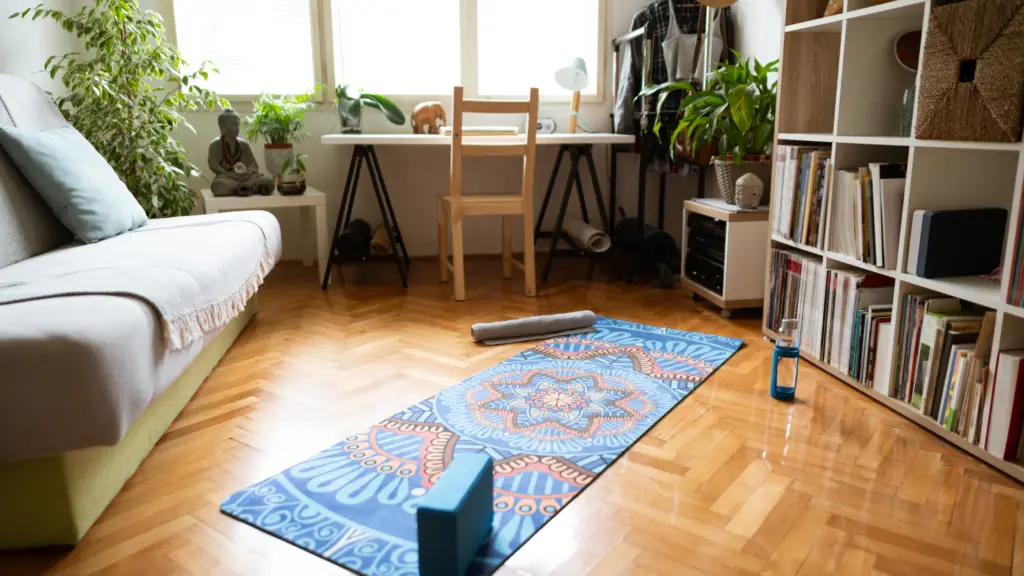
Some ideas for physical hobbies that can be enjoyed in small spaces include:
Yoga: Yoga is a low-impact form of exercise that can be done almost anywhere, and it’s perfect for small spaces. All you need is a yoga mat (which can be easily stored when not in use) and some comfortable clothes. Consider setting up a small area in your home, such as a corner of a room, as your yoga space.
Calisthenics: Bodyweight exercises like push-ups, squats, and lunges are a great way to get a full-body workout without any equipment. You can do these exercises anywhere, and they can be modified to suit your fitness level.
Jumping Rope: Jumping rope is a fun, high-energy cardio workout that can be done in a small space. All you need is a jump rope (which can be easily stored when not in use).
Dancing: Put on some music and let loose! Dancing is a great way to get moving and have fun, and it can be done in a small space such as a living room or bedroom.
In addition to the physical benefits of these hobbies, they can also help improve your mental well-being and reduce stress.
It’s also worth mentioning that outdoor activities can be a great option for folks with limited space at home. If you live in an urban area, consider finding local parks or trails nearby where you can spend your free time hiking, biking and exploring.
Check out our Huge List of Outdoor Hobbies to spend some time outside of your small living space!
Mental Hobbies for Small Spaces
Mental and cognitive hobbies are a great way to stimulate your brain and keep your mind active.
Whether you enjoy solving puzzles, learning new things, or just like to have a good intellectual challenge, there are plenty of mental hobbies that can be enjoyed in small spaces.
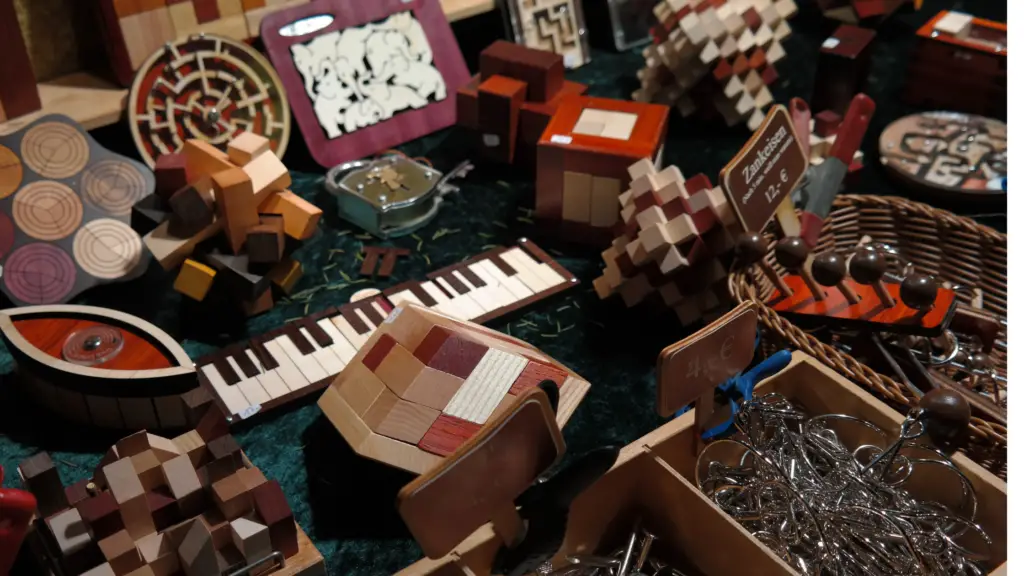
Some ideas for mental hobbies that can be enjoyed in small spaces include:
Puzzle-solving: Whether you enjoy crosswords, Sudoku, or more traditional puzzles like jigsaw or Rubik’s cubes, there are plenty of options to choose from. Puzzles can be done on a small desk or table, and they can be a great way to relax and unwind after a busy day.
Learning a new language: There are many resources available for learning a new language, including books, online courses, and language-learning apps. Language learning apps like Duolingo, Babbel and Memrise are great for learning on the go or from the comfort of your dorm, studio or tiny home. Check out our full article on language learning for more tips.
Reading: Reading is a great way to relax and escape into a different world, and it can be done almost anywhere. Consider setting up a small reading nook in your home where you can curl up with a good book.
Board Games: Board games are a great way to have fun and challenge your mind. From classic games like chess and checkers to more modern options like Catan and Carcassonne, there are plenty of choices to choose from. Board games can be played on a small table or desk, and they’re a great way to pass the time and have fun with friends or family.
Knot Tying: Knot tying may seem like a simple hobby, but it can actually be quite challenging and rewarding. From basic knots like the square knot and half hitch to more complex knots like the bowline and clove hitch, there are countless knots to learn and master. Knot tying can be done almost anywhere, and it’s a great way to develop hand-eye coordination and improve fine motor skills.
In addition to providing a mental challenge and expanding your knowledge, these hobbies can also be a great way to relax and unwind after a busy day.
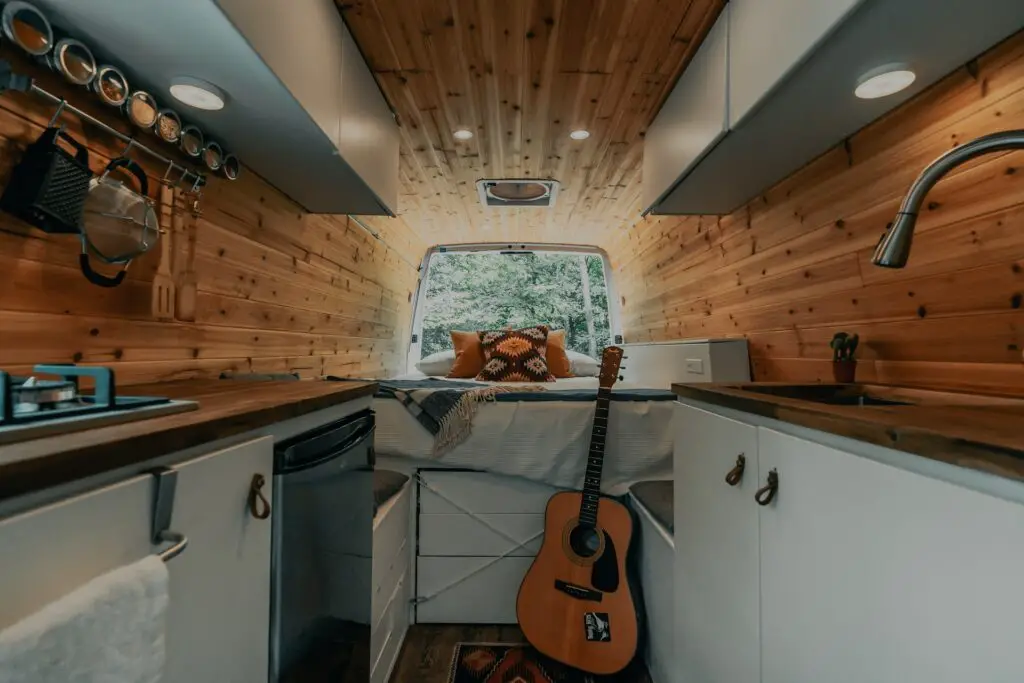
Conclusion
Living in a small space doesn’t have to limit your hobbies and activities. As we’ve seen, there are plenty of options for creative, physical, and mental hobbies that can be enjoyed in a small space.
From painting and crafting to yoga and calisthenics to puzzle-solving and learning a new language, there’s something for everyone.
So if you’re feeling stuck or limited by your small space, we hope this blog post has provided some ideas and inspiration for hobbies that you can enjoy.

